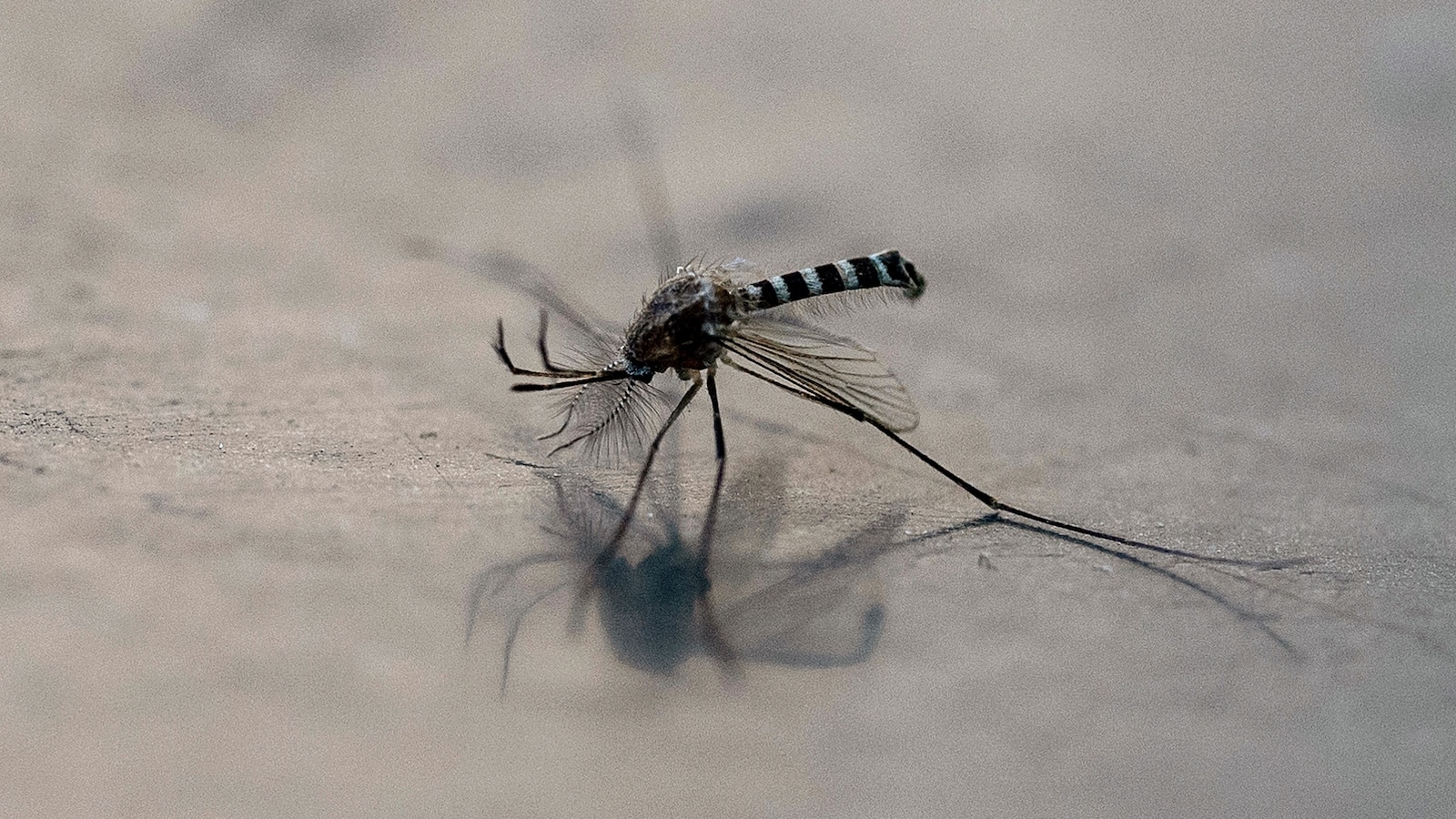Copyright medicaldialogues

This news is covered by the Medical Dialogues Bureau present at the TCT Conference 2025, being held in San Francisco, USA.Using instantaneous wave-free ratio (iFR) to guide coronary artery bypass grafting (CABG) significantly improved graft patency while reducing the number of grafts required, compared with angiography-guided surgery, according to three-year results from the iCABG randomized trial presented by Dr. Rasa Ordienė of the Lithuanian University of Health Sciences at TCT 2025. The iCABG study is a prospective, randomized, single-blind trial evaluating whether physiology-guided surgical revascularization can optimize graft outcomes in patients with multivessel coronary artery disease (CAD). A total of 110 patients referred by the Heart Team for CABG were enrolled and randomized 1:1 to iFR-guided or angiography-guided revascularization. All patients had a visually significant left anterior descending (LAD) or left main (LM) lesion and at least one intermediate lesion.In the iFR-guided arm, CABG was deferred for lesions with iFR ≥0.90 and performed for those with iFR 50%). Patients were followed with coronary computed tomography angiography (CCTA) at 2, 12, and 36 months, and major adverse cardiovascular and cerebrovascular events (MACCE) were tracked through 36 months.The study’s primary endpoint was graft occlusion or hypoperfusion on CCTA at 2, 12 and 36 months. Secondary endpoints included MACCE—a composite of stroke, target vessel revascularization (TVR), non-fatal myocardial infarction (MI), or cardiovascular death at three years.At 36 months, iFR-guided CABG was associated with significantly fewer occluded grafts compared with angiography-guided CABG (8.5% vs. 24.4%; p<0.05). Graft failure strongly correlated with preoperative iFR values: 70% of grafts failed when iFR exceeded 0.85 (identified cut-off), whereas 94.4% remained patent when iFR was below 0.85. ROC analysis identified an iFR <0.85 as the optimal threshold predicting 12-month graft patency, with threefold higher odds for left internal mammary artery (LIMA)– Left Anterior Descending (coronary artery) (LAD) grafts (OR 3.0, 95% CI 1.89–4.76).The iFR-guided group also required fewer grafts per patient (median 3 vs. 3.5; p0.05), with no excess in stroke, MI, or TVR in the physiology-guided group.Investigators noted that iFR reclassified disease extent in 44% of patients, converting planned multivessel CABG to one- or two-vessel procedures in many cases, thereby reducing unnecessary grafting. While small in sample size, the study demonstrated that functional lesion assessment can refine surgical decision-making without compromising clinical outcomes.The iCABG trial highlights how physiology-guided strategies, widely used in percutaneous coronary intervention (PCI), may have an emerging role in surgical revascularization by optimizing graft targets, reducing procedural burden, and improving long-term graft durability.Reference: Rasa Ordiene et al., iFR vs angiography - guided CABG: 36 months follow up – iCABG study, TCT Conference 2025, San Francisco.https://www.tctconference.com/About the Study Presenter: Dr Rasa Ordienė is an Interventional Cardiologist at the Hospital of Lithuanian University of Health sciences. Her field of interests include iFR, FFR, pulmonary arteries angioplasty.



